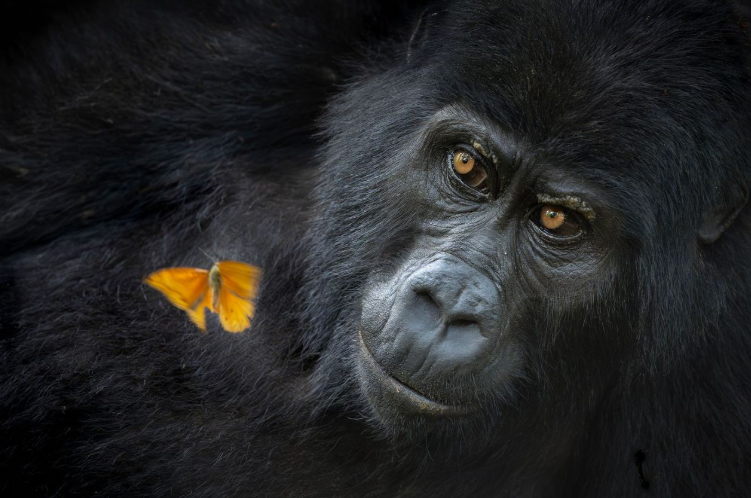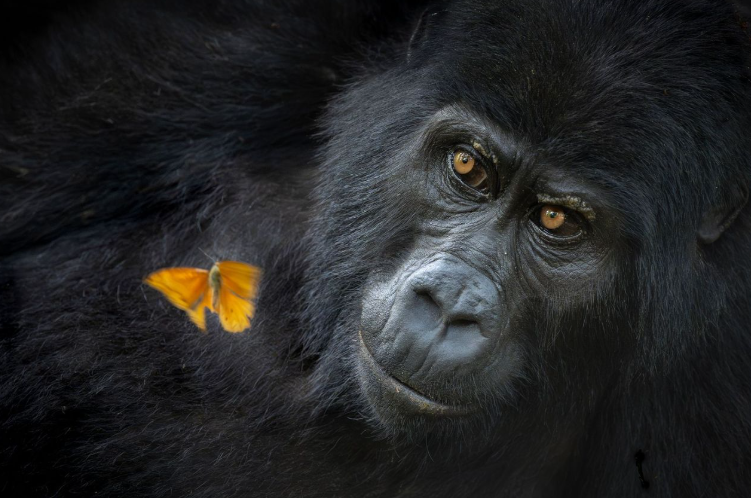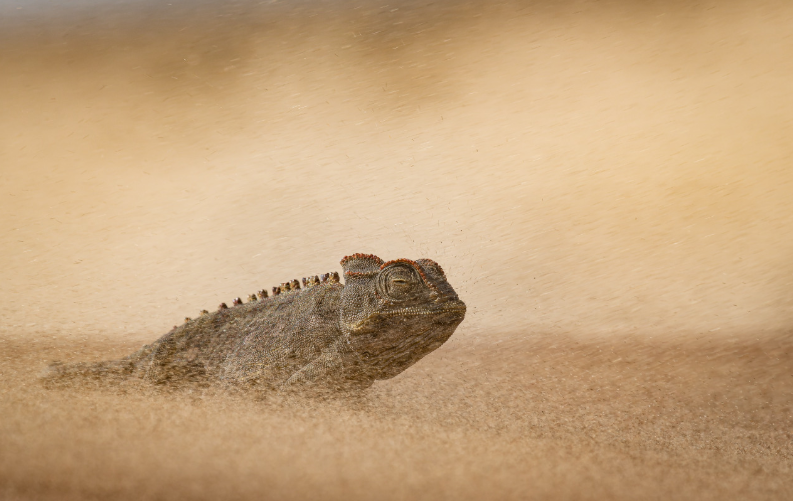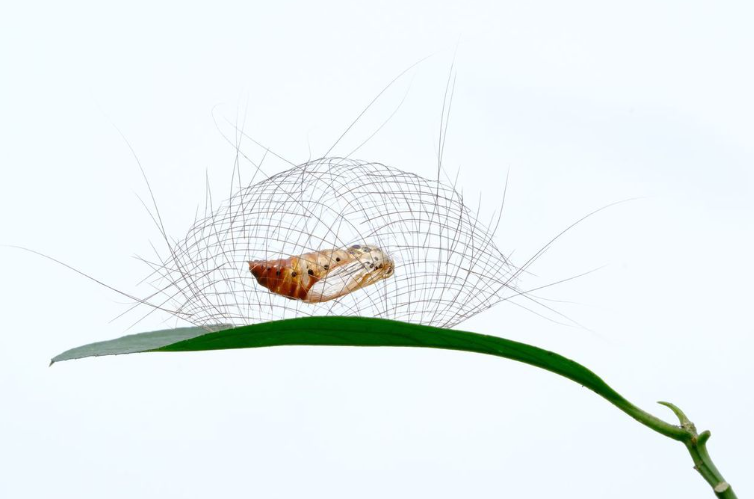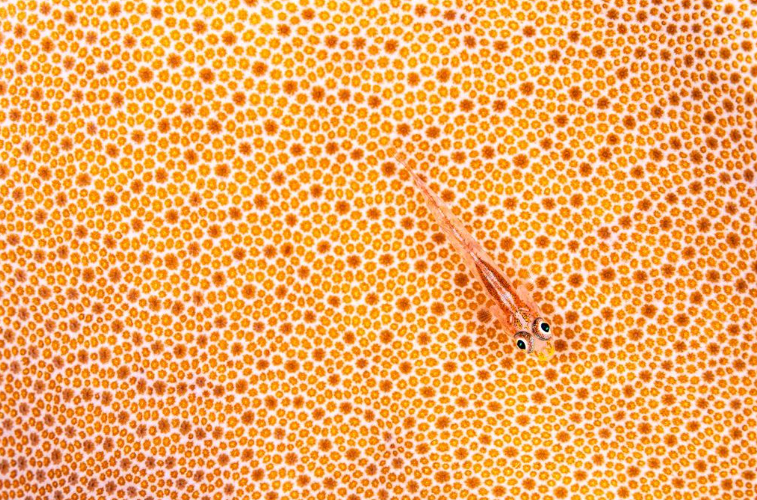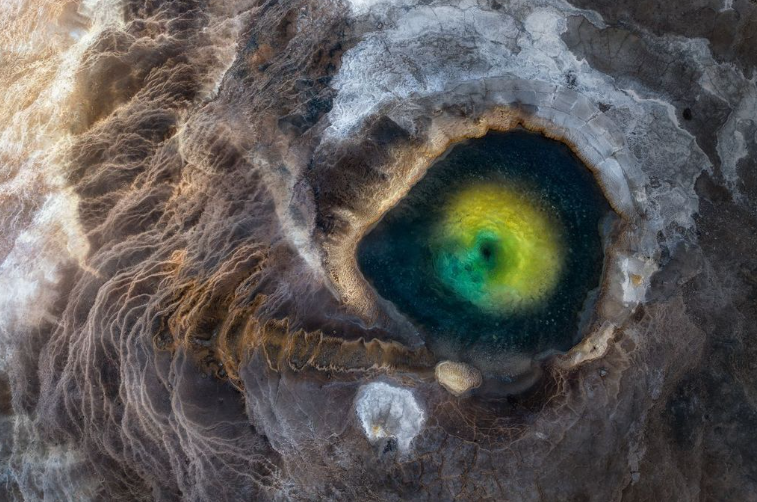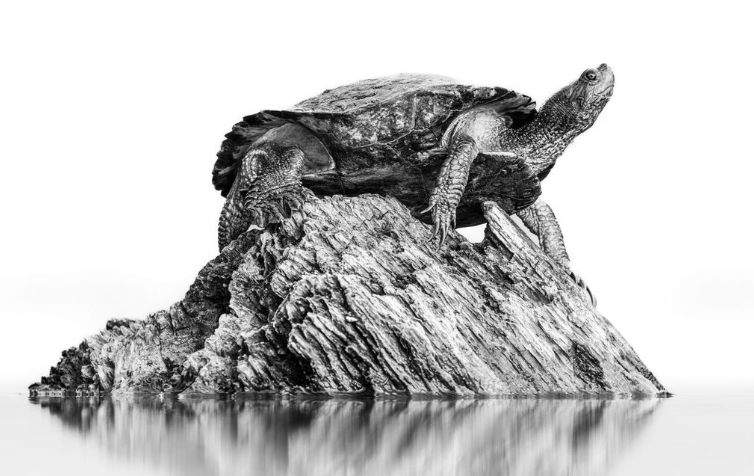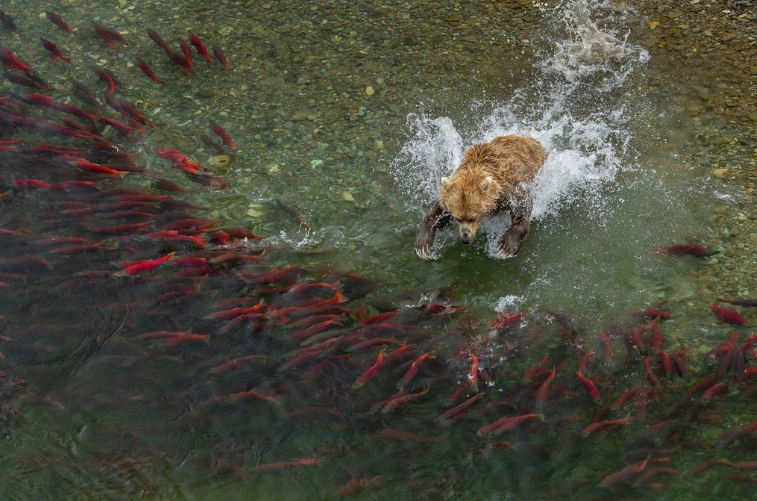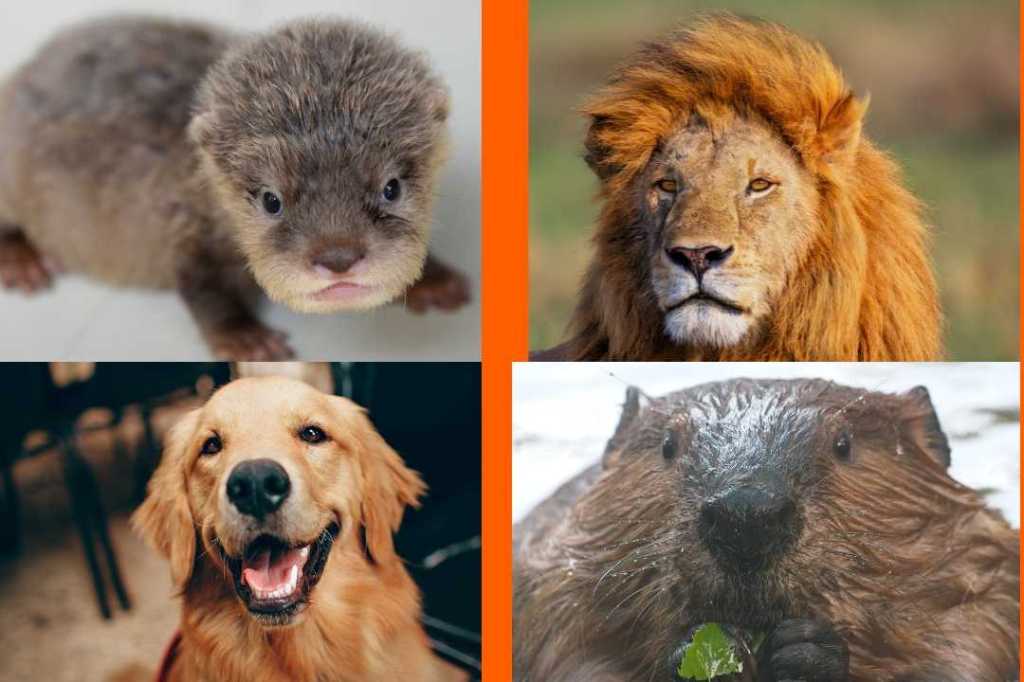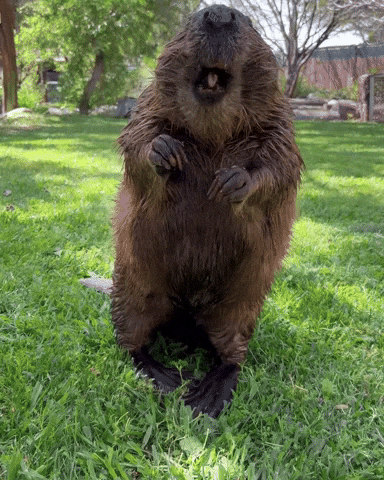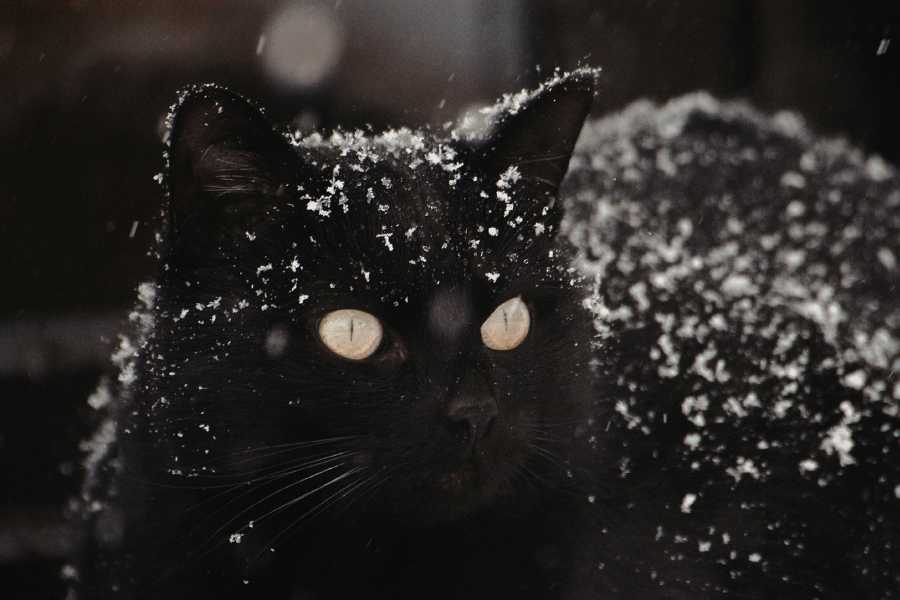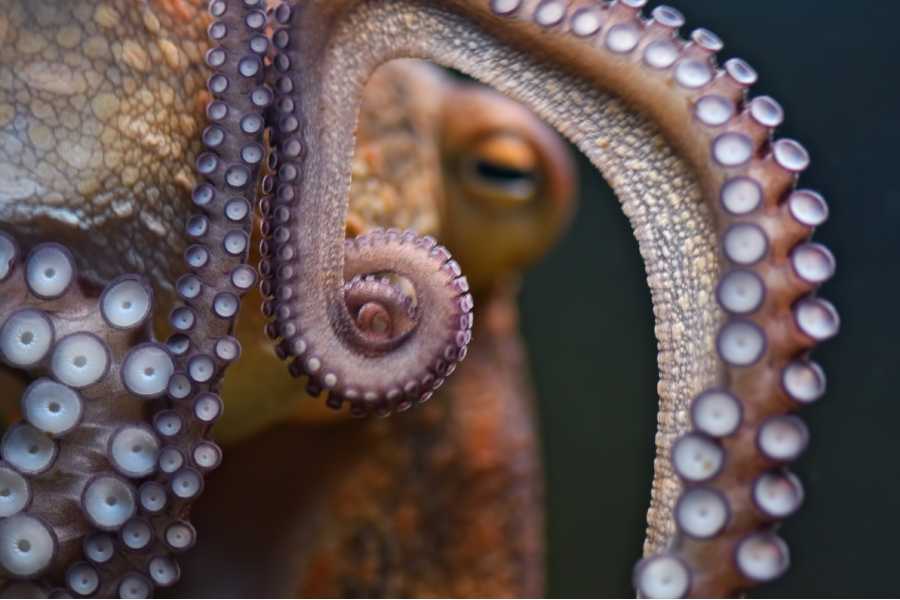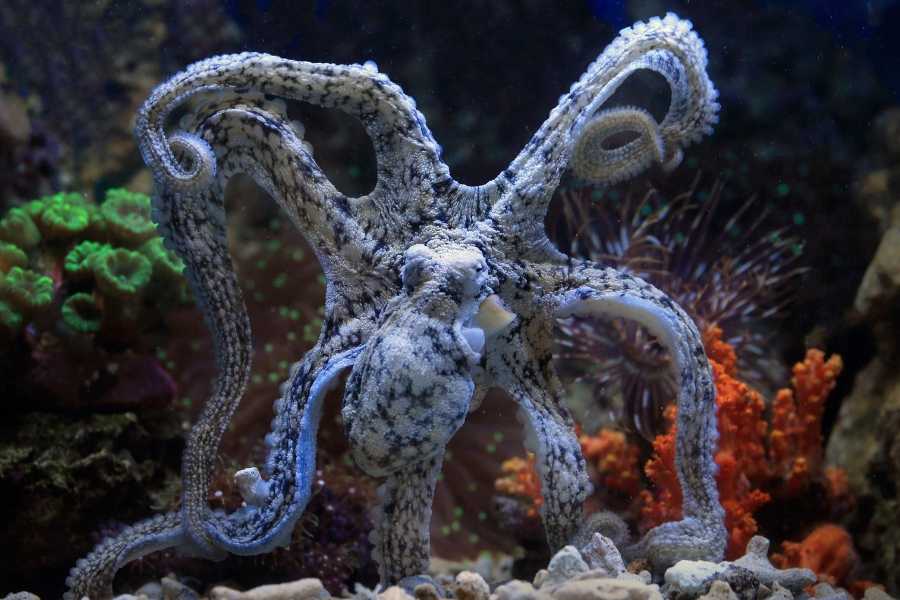Not every animal can be a majestic stag leaping over a Scottish field while grown men in kilts cry in the background.
Some animals are the opposite. They’re not majestic beasts of the wild glen, they’re just … kind of trashy. As in, they literally eat trash.
Even though they might be pests (to us), it’s partly human behavior that made them that way in the first place.
Animals are eating garbage because humans create so much of it. Americans are producing about 268 million tons of waste every year.
This steady source of free food — and shrinking natural habitats — has drawn the animals out of their innate routines and into our garbage cans and dumpsters, earning them their “nuisance” label.
But which animals are the trashiest?
Here are six animals who, with the help of us humans and all our trash, love to eat garbage.
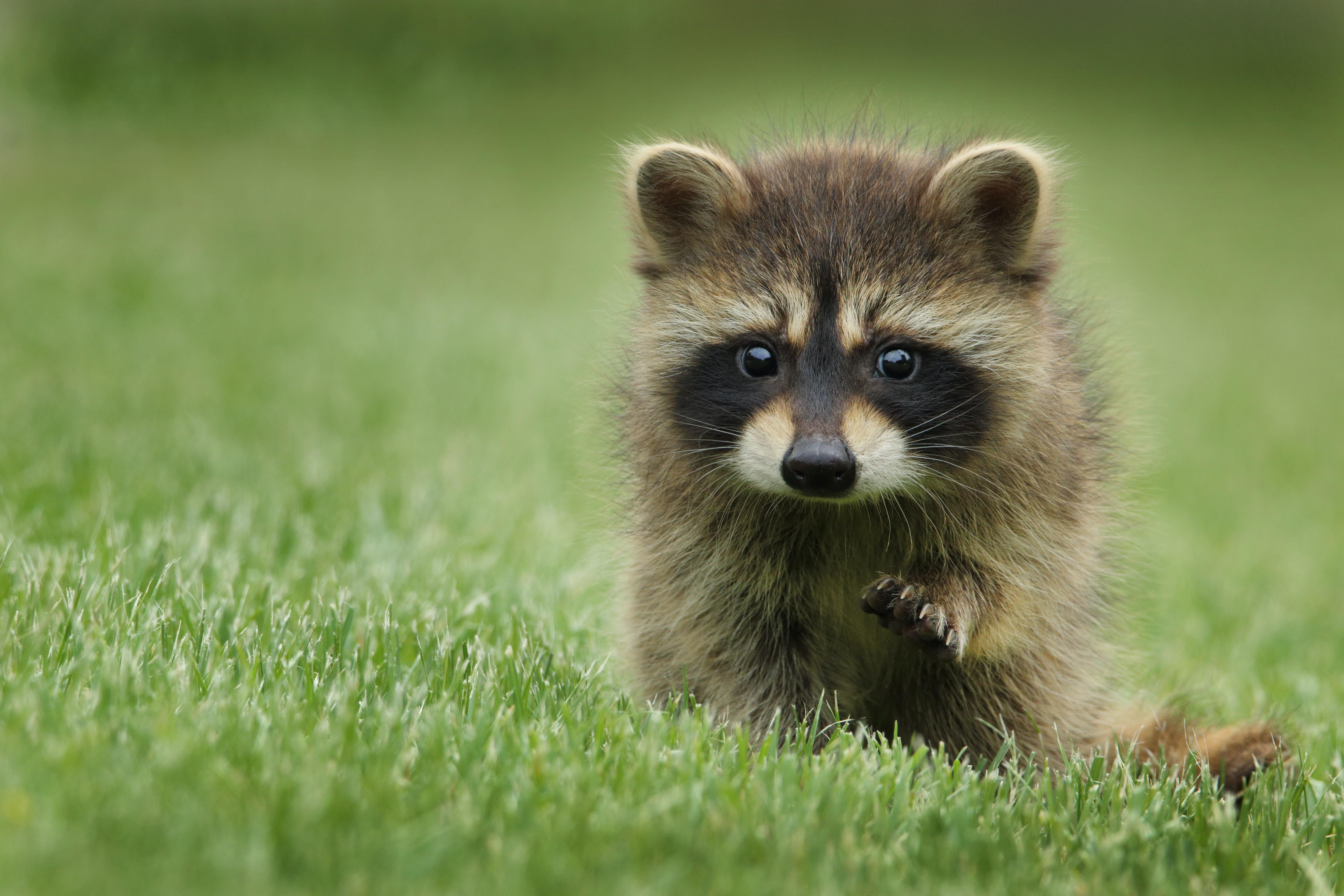
1. Raccoons are taking over the world.
Raccoons have become invasive species in Europe and Japan because people began bringing them into homes as exotic pets.
While domesticating a raccoon for Instagram fame might seem like a cute idea, in reality, these animals aren’t meant to cuddle on the couch with us. Even “tame” raccoons are still wild animals. Plus, wild ones can carry diseases like roundworm and rabies.

2. Wild opossums help keep Lyme disease away.
This is the one animal on this list I’m most likely to freak out — hey, give me a break, they’re super weird-looking and kind of hissy — but in the wild, they can actually be kind of cool. Opossums eat ticks, for example, which helps prevent the spread of Lyme disease. Plus, they carry their babies on their back, which is adorable.
I can’t be mad at them. Just as long as they stay out of my garage.
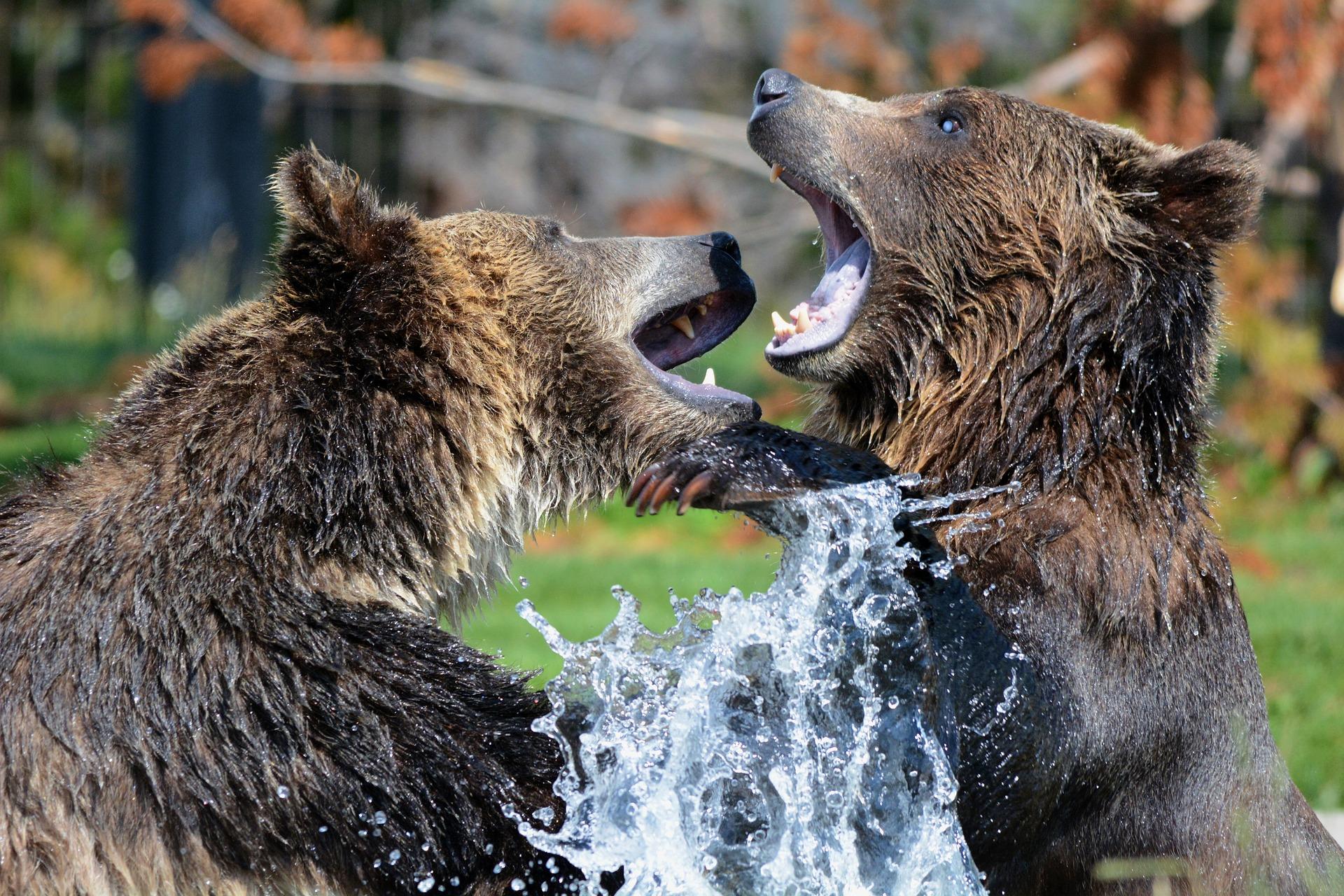
3. Yellowstone used to be full of trashy bears.
Thankfully, better garbage cans, improved guest behavior, and closing nearby dumps helped solve the problem.

4. Monkeys have learned to commit crimes.
On the one hand, who doesn’t like monkeys?
On the other, monkeys can be wicked smart, have little grabby hands, and can run in packs, which spells trouble. In fact, group of macaques in Indonesia has even learned to steal stuff from tourists and hold it for ransom.

5. New York City’s spent millions trying to exterminate rats.
NYC Mayor Bill de Blasio has committed $32 million to rat extermination, but they’re not likely to disappear anytime soon. Rats are excellent survivors, and estimates on the NYC rat population number in the millions.
Then again, I think rats in general are pretty misunderstood. Sure, they’re kind of icky, but they also laugh when tickled.

6. Even seagulls can get sick from eating trash.The noise! The screeching! The fact that they always seem to smell kind of like stale poop. If any animal was going to be crowned King Trashy, seagulls would be it. Of course, eating garbage isn’t good for them. Yes, even seagulls can get sick from eating garbage — especially if they accidentally gobble up stuff like plastic.The thing is, these animals wouldn’t be so trashy without, you know, our trash.All of these animals were doing just fine without garbage dumps. They’re simply responding to our expanding cities and the smorgasbord of free (if smelly) food we leave behind. Not all animals can be majestic, it’s true, but we certainly can do a better job helping them not be trashy, either.This article originally appeared on 01.31.18







